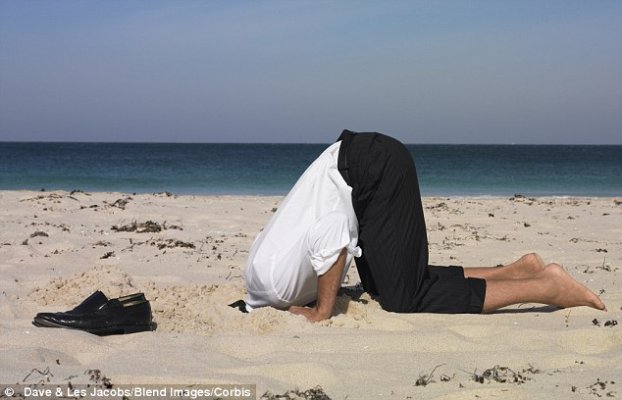......Reusing 1 glass bottle will prevent the purchase and consumption of more than 240 plastic bottles every year
One plastic bottle will take more than 450 years to completely break down (that’s 25 generations!)
This year, more than 250 billion pounds of plastic will be created with very little of that production ever being recycled – that’s about 37 pounds of new plastic created for every single person on the planet
The number of disposable plastic water bottles consumed in the US in 2010 could fill 849,941 school buses (double the number of school buses on the road today)
The U.S is the largest consumer of plastic bottled water in the world
Annually, Americans consume more 8.6 billion gallons of bottled water each year
The average U.S. citizen consumes more than 21 gallons of water every year
The price of bottled water is up to 10,000 times the cost of tap water
Only 10% of the cost of bottled water goes to the actual water, the other 90% goes to the packaging, transportation and marketing
More than 75% of plastic water bottles are never recycled, they’re simply thrown away
PET (plastic) water bottles generate more than 121 million tons of waste each year
Manufacturing & filling the plastic water bottles, on average wastes 30-40% of the water involved in the process
It takes 47 million gallons of oil to create plastic water bottles each year
Every year in the U.S. in excess of 38 billion plastic bottles end up in landfills
15 billion pounds of plastic are produced in the U.S. every year & only 1 billion pounds are recycled
Every year at least 1 million seabirds and 100,000 marine mammals & sea turtles die when they entangle themselves in plastic pollution or ingest plastics
In the U.S. 1,500 plastic water bottles are consumed every second. 70% of those will never be recycled.
90% of the trash in the ocean is from plastic
At least 40% of bottled water is tap water."
Sources: Algalita, American Beverage Council, Environmental Working Group, National Resources Defense Council, Plastic Pollution Coalition, Project Aware, U.S. Department of Agriculture.





